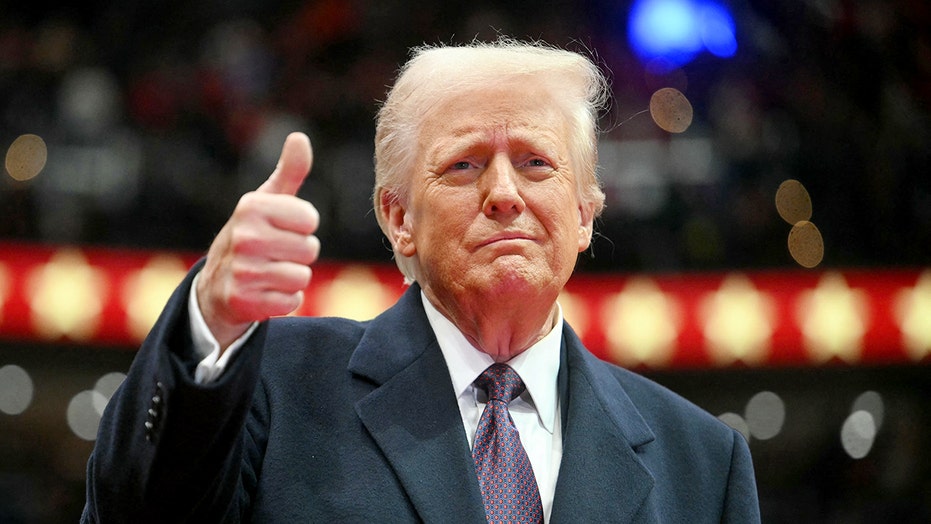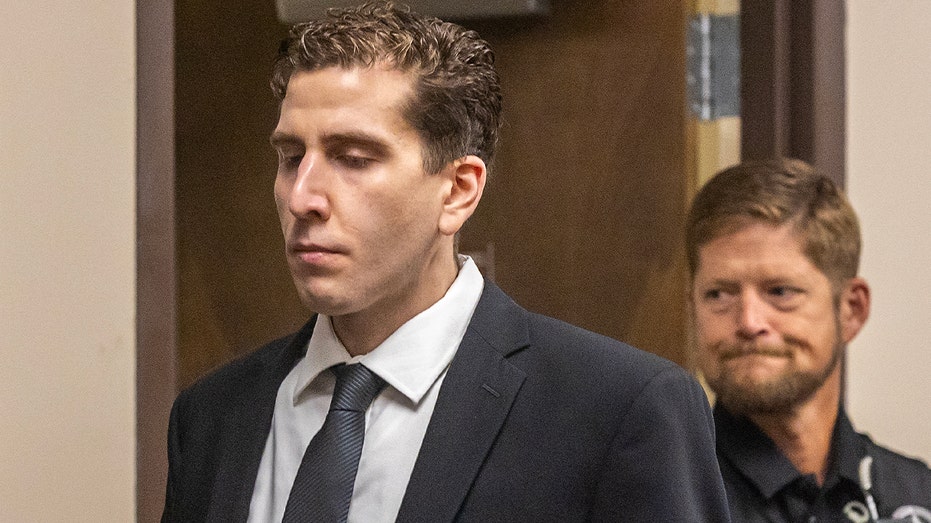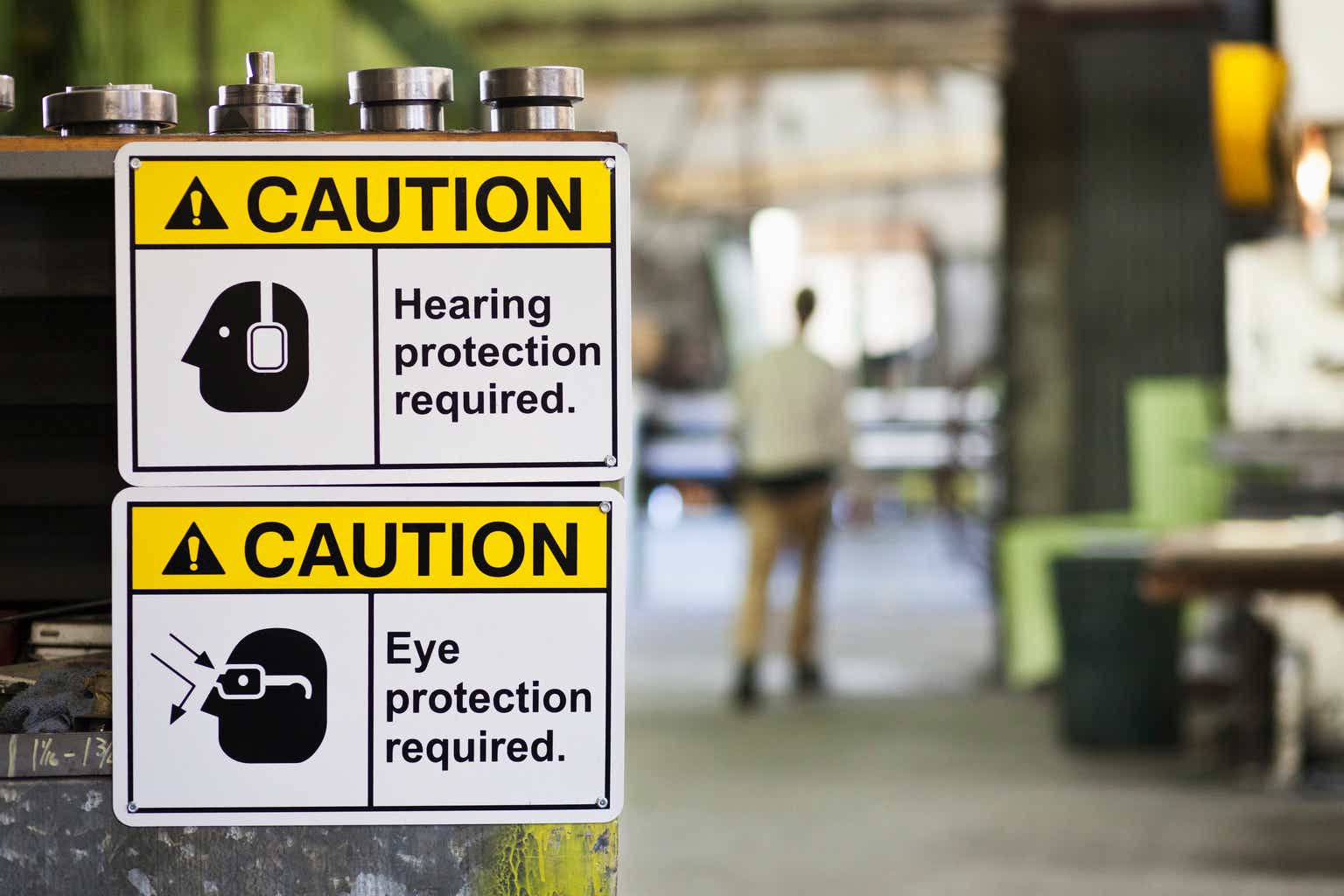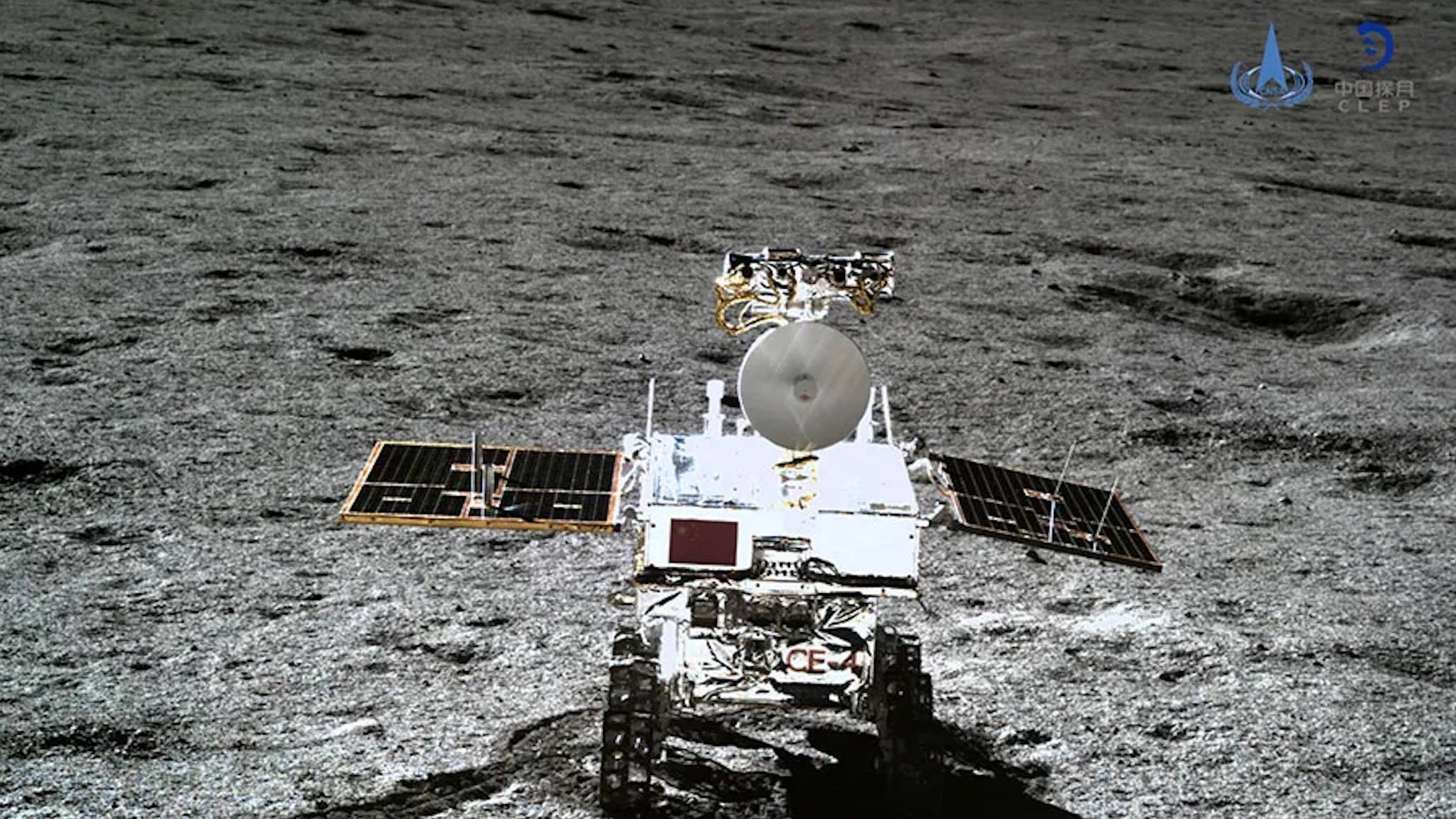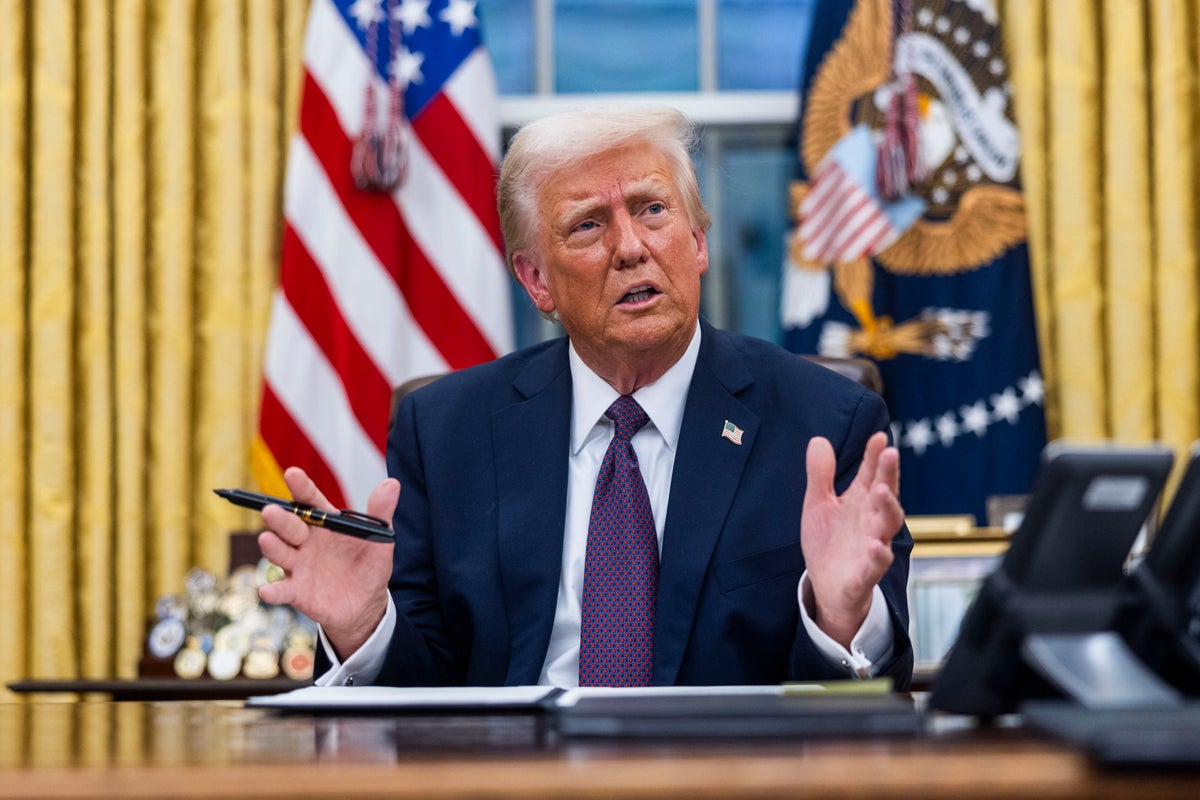Elon Musk said DOGE would provide 'maximum transparency.' It may be years before its records are public.
Elon Musk promised DOGE would provide "maximum transparency." Its interpretation of a Trump executive order would shield its records for years.
Kevin Lamarque - Pool/Getty Images
- Elon Musk said the Department of Government Efficiency actions would be "very open and transparent."
- Many questions remain about the extent and details of DOGE's work.
- DOGE.gov contains no information about the group's actions.
Elon Musk said that his Department of Government Efficiency would provide "maximum transparency." If DOGE gets its way, it will be nearly a decade before any of Musk's or his staffers' emails will be publicly available.
On Wednesday evening, DOGE advisor Katie Miller wrote on X that Musk's group is protected by the Presidential Records Act. Under that act, DOGE records would remain sealed until 2034, five years after Trump leaves office and eight years after DOGE is set to disband.
Musk and DOGE likely won't have the last word
Jason R. Baron, Professor at the University of Maryland and former director of litigation at the National Archives and Records Administration, said the established precedence comes down not to a White House decision but to a legal test. If DOGE is found not to be only advising and assisting Trump, then it would fall under the Freedom of Information Act. In that instance, Musk's records could become public almost immediately.
Baron said that Musk's and DOGE's actions thus far, including his role in restructuring the U.S. Agency for International Development (USAID), show that DOGE will probably lose its fight to keep its work behind closed doors.
"They are acting more like an agency than an entity that solely advises and assists the president," he told Business Insider.
It's likely that a legal fight will soon ensue after pending FOIA requests, including those from BI, are denied.
Musk was once a staunch pro-transparency proponent
Miller's announcement contrasts Musk's previous statements that virtually all government information should be public, with only exceptions for extremely sensitive information.
"The strong bias with respect to government information is to make it available to the public," Musk said at an October 18 event in Pennslyvania.
"Let's be as fully transparent as possible," he added. "Unless it's like a massive risk to the country, we don't want to give like exact instructions on how to make a nuclear bomb or something like that, but unless there is a genuine risk to the country, all information in the government should be public."
At the same pre-election town hall, Musk said the federal government, in general, needed to be far more transparent about its actions. He cited the need for Freedom of Information Act requests. Journalists have complained that getting agencies to comply with such requests often requires the threat of, if not actual, legal action.
On November 3, Musk reiterated his view on X.
"There should be no need for FOIA requests," Musk wrote, quoting a video clip of his town hall comments. "All government data should be default public for maximum transparency."
Miller's statement means DOGE would not be subject to the very information act requests that Musk said should be unnecessary to begin with.
DOGE might face other problems now
Her statement could also create more problems for DOGE, Baron said. By applying the Presidential Records Act to itself, DOGE has now created an obligation to preserve all records and messages from Musk and others in the group.
"An irony here is that by DOGE declaring itself a presidential component of the EOP, this means that it has actually increased its record-keeping obligations under the law and has no discretion to delete or destroy any record it creates or receives related to government business," Baron told BI. "That is because all presidential records are considered permanent records of the US to be eventually transferred to NARA, and this would include all records created on Slack or other messaging systems its staff will use."
Before Trump took power, Musk outlined broad ambitions for DOGE. During an event on October 26, Musk said that DOGE would be "very transparent" about its work. He told Pennsylvanians at the event that DOGE would publicly detail the issues, if any, with how taxpayer money would be spent.
"Anytime the public thinks we are cutting something important or not cutting something wasteful, just let us know!" Musk wrote on X on November 12, replying to a list of suggestions for DOGE.
As of Thursday, DOGE's official website remains a landing page. Occasionally, the group has posted updates on its official X account, which are broad summaries of canceled contracts and leases. In the same November X post, Musk said there would be "a leaderboard for most insanely dumb spending of your tax dollars." No such leaderboard has been announced.
On its X account, DOGE has claimed credit for canceling consulting contracts with government agencies, terminating leases on "underutilized buildings," and cutting funding for diversity, equity, and inclusion operations across the federal government.
However, much of the information about DOGE has come from media leaks, or current or former federal workers who detail what Musk's team is up to via unofficial updates on subreddits.
Musk, however, has so far not fully followed through on applying that same type of transparency to DOGE.
Business Insider recently reported that some DOGE members aren't sharing their last names with federal workers. Scott Amey, the general counsel of the Project on Government Oversight, previously told Business Insider that transparency is about maintaining public trust.
"We can't have officials hiding in the dark and not being accountable for their work," Amey said.
The White House did not respond to Business Insider's request for comment. A DOGE advisor also did not respond to questions.

